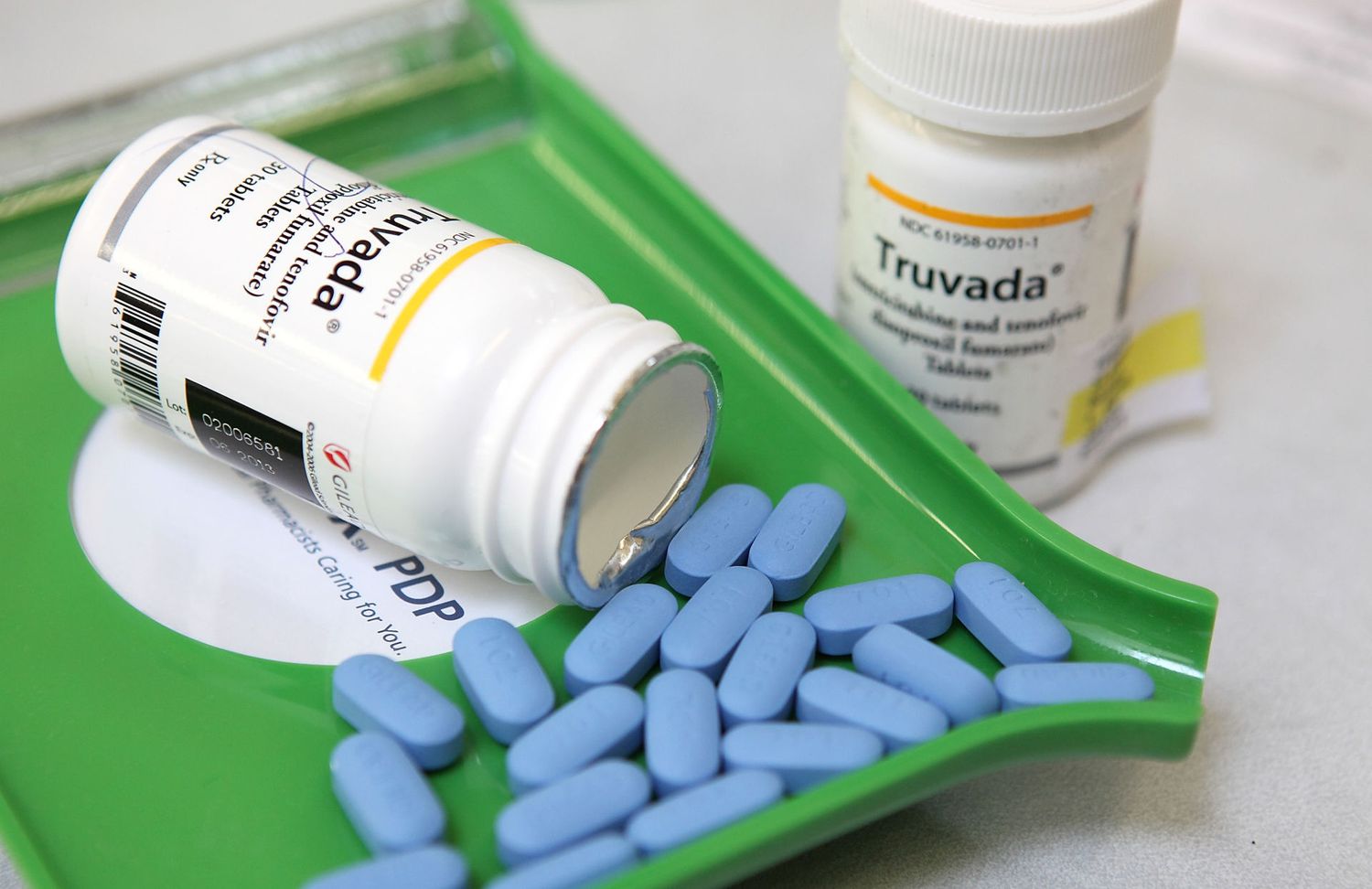ARVs for HIV negative people
Share

HIV negative people can now take ARVs as an HIV prevention measure, Officials in
the Ministry of Health and Child Care are suggesting.
Zimbabwe is among a few countries in sub Sahara Africa doing well in the fight of
HIV and AIDS.
According to Dr Owen Mugurungi, the Director HIV and TB in the Ministry of Health
and Child Care, 95 percent of all sexually active Zimbabweans know their HIV
status, which is one of the targets set by UNAIDS in its fight to end AIDS by 2030.
Dr Mugurungi said the Ministry has made sure that people have access to a variety
of treatment and prevention measures as they look for preventative and treatment
services at public institutions.
“So, we are saying when one thinks of prevention measures, he or she must make a
choice from our variety of services, including condoms and Pre- Exposure
Prophylaxis (PrEP) or Post Exposure Prophylaxis as well as ARVs.
“Now even an HIV negative person can take ARVs as an HIV prevention measure.
“We notice that many couples manage to go for ante-natal care during pregnancy
and have known their results. However, we have also noticed that during the first 42
days after giving birth men are then going outside and doing whatever they do there,
but at the end bring the disease back home. They infect their wives and children
thereafter, who will be breast fed.
“So we are now saying mothers can take PrEP or ARVs during that period when they
feel to be on risk. The same applies to everyone sexually active.”
Zimbabwe has enough ARVs to take it through to the next three years, he said,
adding that the Global Fund, which is the major source of HIV health funding to
Zimbabwe will take the country through.
Speaking at the Preventing HIV for Sustainable Epidemic Control (PREVENT)
programme launch last week, Dr Aspect Maunganidze, the new Secretary for the
Ministry of Health and Child Care said: “We have an estimated 1,3 million persons
living with HIV and thanks to the support from our partners, 1,2 million of them are
receiving antiretroviral treatment.”
He said the ministry would continue to mobilise domestic resources for the HIV
response interventions.
“The Government will continue to prioritise the National Aids Trust Fund as we are
working to activate a more encompassing social health insurance scheme to
mobilise domestic resources for the HIV response and beyond to protect
communities from catastrophic health costs.”
Out of its 1,3million HIV positive people 99 percent of them are on treatment.
According to Dr. Owen Mugurungi Director HIV and TB in the Ministry of Health and
Child Care, 95 percent of all sexually active Zimbabweans know their HIV status
which is one of the targets set by UNAIDS in its fight to end AIDS by 2030.
UNAids is urging governments across the world to unleash the power of grassroots
communities across the world to lead the fight to end AIDS.
The world over is working on making sure that by 2030, 95 percent of the world
population would be knowing their HIV status and on treatment. Those on treatment
are also expected to have a suppressed viral load.
All these targets have already been met by Zimbabwe and the country is now
working on making sure that across all corners of the country people have access to
basic primary health care services.
The country is also working on making sure that as people have access to health
services, 95 percent should have access to a variety of HIV treatment and
prevention services.
And in its endeavour to do so, the Government is building more clinics in rural and
farm communities through councils, using devolution funds.
The Ministry of Health and Child Care has also totally scrapped all user fees in
accessing HIV and TB prevention and treatment services at all public health centres.









